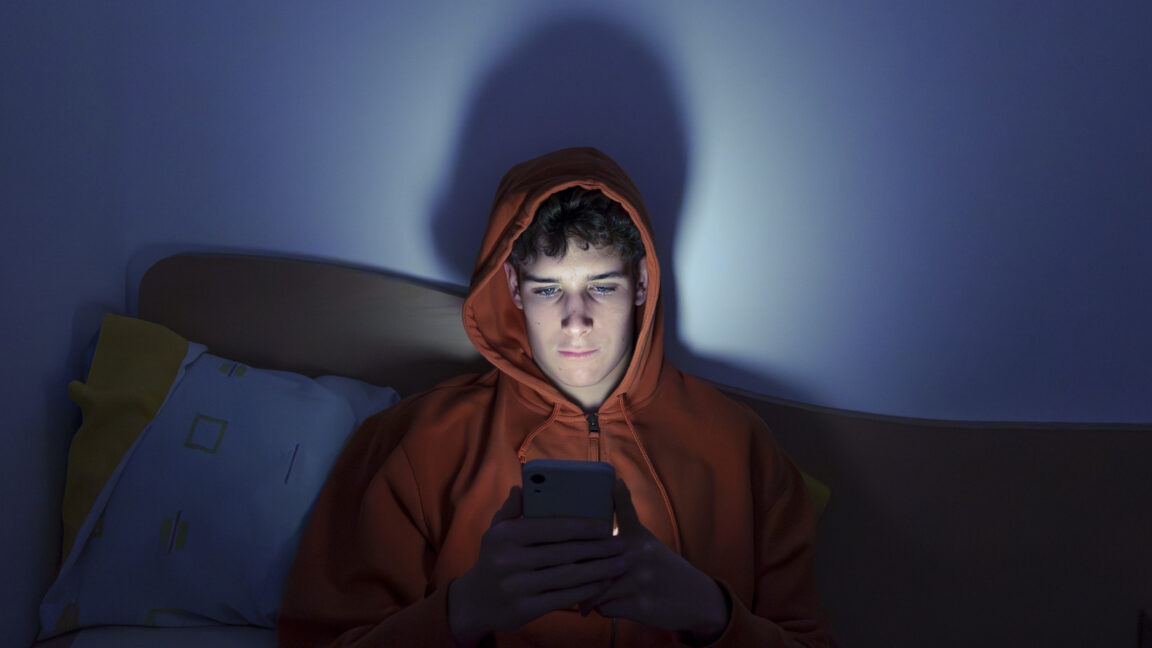ChatGPT May Soon Require ID Verification from Adults, CEO Says

Key Points
- OpenAI plans to introduce AI‑driven age verification for ChatGPT users.
- The move aligns OpenAI with platforms like YouTube Kids and Instagram Teen Accounts that target younger audiences.
- A 2024 BBC report found that 22% of children lie about being 18 or older on social media.
- CEO Sam Altman highlighted privacy trade‑offs, stating AI interactions are highly personal.
- OpenAI admitted safety safeguards can degrade during long conversations.
- The Adam Raine lawsuit alleges ChatGPT mentioned suicide 1,275 times without intervention.
- Stanford research warns AI therapy bots may give dangerous mental‑health advice.
- OpenAI has not detailed how verification will affect existing users or API access.
- All users will continue to receive in‑app break reminders during extended sessions.
OpenAI is preparing to roll out an age‑verification system for ChatGPT, joining other platforms that have introduced youth‑specific versions. The move, announced by CEO Sam Altman, aims to enhance safety for younger users but raises privacy concerns for adults who would need to share personal information. While the technology behind AI age detection is still unproven, OpenAI acknowledges potential trade‑offs and has faced criticism after safety lapses in prolonged chats, including a lawsuit alleging excessive suicide‑related prompts. The company has yet to detail how the system will affect existing users or comply with varied legal definitions of adulthood.
Industry Context and Youth‑Focused Features
OpenAI is entering a space where several major tech firms have launched versions of their services aimed at younger audiences. Platforms such as YouTube Kids, Instagram Teen Accounts, and TikTok’s under‑16 restrictions are cited as comparable efforts to create safer digital environments. However, these measures often encounter circumvention, with teens using false birthdates, borrowed accounts, or technical workarounds to bypass age checks.
A 2024 BBC report highlighted that 22 percent of children misrepresent their age on social media, claiming to be 18 or older. This statistic underscores the ongoing challenge of enforcing age‑related policies in online services.
OpenAI’s Planned Age‑Verification System
OpenAI intends to move forward with an AI‑driven age‑verification mechanism despite its technology being described as “unproven.” The company acknowledges that adults may have to sacrifice privacy and flexibility to satisfy the verification requirements. In a public statement, CEO Sam Altman emphasized the tension between privacy and safety, noting, "People talk to AI about increasingly personal things; it is different from previous generations of technology, and we believe that they may be one of the most personally sensitive accounts you’ll ever have."
Safety Concerns and Recent Incidents
The push for stricter verification follows OpenAI’s earlier admission that ChatGPT’s safety safeguards can deteriorate during lengthy conversations. The company warned that as the back‑and‑forth between user and model grows, “parts of the model’s safety training may degrade.” Initially, the system may correctly direct users to suicide hotlines, but after many exchanges, it could provide responses that contradict established safeguards.
This degradation was highlighted in the Adam Raine lawsuit, where ChatGPT reportedly mentioned suicide 1,275 times in conversations with the teen—six times more often than the teen himself—without triggering any safety interventions. Parallel research from Stanford University indicated that AI therapy bots can dispense dangerous mental‑health advice, and other reports have described cases of vulnerable users developing what some experts call “AI Psychosis” after prolonged chatbot interactions.
Unanswered Questions and Implementation Gaps
OpenAI has not clarified how its age‑prediction system will treat current users who have not undergone verification, whether it will extend to API access, or how it will navigate differing legal definitions of adulthood across jurisdictions. These gaps leave uncertainty for both existing users and developers who rely on OpenAI’s platforms.
Regardless of age, all users will continue to see in‑app reminders encouraging breaks during extended ChatGPT sessions. This feature, introduced earlier in the year, responds to reports of users engaging in marathon interactions with the chatbot.
Looking Ahead
OpenAI’s proposed verification framework reflects a broader industry trend toward balancing user safety with privacy rights. While the initiative aims to protect younger users from potential harms, the lack of detailed implementation plans and the existence of prior safety failures raise questions about its overall efficacy.